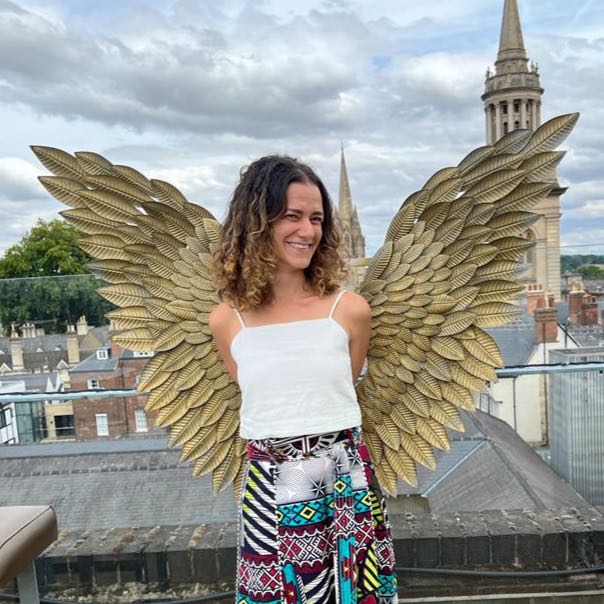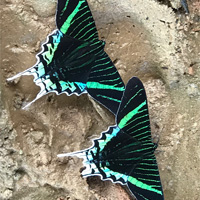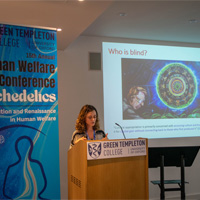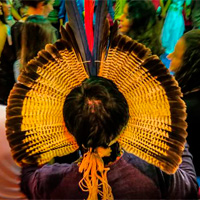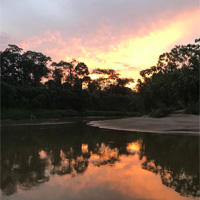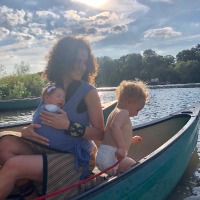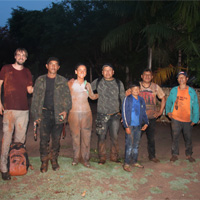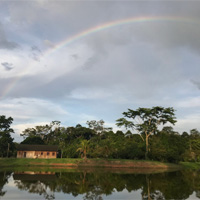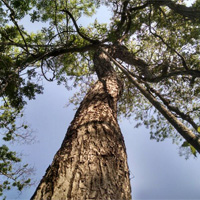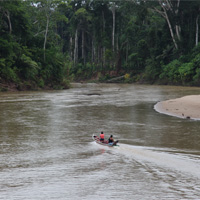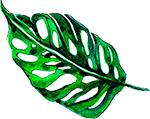
Haux Haux
According to Yawanawá and Huni Kuin oral histories, haux (often repeated as “haux haux”) is understood as the first sound emitted by the jibóia (anaconda/boa), a primordial vocalization associated with the serpent’s agency and with the emergence of song and healing work.
In ritual contexts, pajés (shamans) frequently employ haux to open and close chants or curing practices, functioning simultaneously as a greeting to those present and as an address to the spiritual dimension with which the work is engaged. Over time, haux has also circulated beyond strictly ritual settings, becoming a more flexible expression used to convey greeting, acknowledgment, honoring, affirmation, or gratitude.
This page is about innovative ideas that are helping to keep the forests (and their beings) alive.
Haux Haux! to all of these innovators that are applying better solutions that meet new requirements and unarticulated needs to solve complex problems.
“A thing is right when it tends to preserve the integrity, stability, and beauty of the biotic community.
It is wrong when it tends otherwise.” Aldo Leopold

Ikixará
Ikixará is not just about physical health but weaves together the intricate threads of language, spirituality, culture, education, and the wisdom inherent in medicinal plants and traditional practices.
Rooted in the ancient knowledge of the Yawanawá people, Iki Xará encapsulates a life in harmony with nature and community.
It signifies a deep connection to the land and the intergenerational transfer of wisdom, ensuring that the traditions of the Yawanawá are not just remembered but lived.
This concept is a touchstone for the community, guiding their way of life and serving as a reminder of the importance of preserving their rich cultural heritage.
By supporting the preservation and promotion of Iki Xará initiatives, you are not just contributing to a cause; you are becoming a part of a movement that prioritizes traditional well-being, cultural preservation, and the interdependence of all life.

Protecting Indigenous Rights and Traditional Knowledge
I am currently working in collaboration with Yorenka Tasorentsi Institute to protect indigenous rights that are linked to their traditional knowledge.
The resurgence of Western psychedelic research and practice has led to increasing concerns from different Indigenous Peoples regarding lack of recognition of their rights, knowledge, and historic role associated with their sacred medicines and exclusionary practices in research and praxis.
We are currently working within a network of different indigenous peoples, organizations, and lawyers to protect these rights.
If you want to collaborate and better understand this project, please be in touch: mfgebara@gmail.com

Zero Waste Community
Waste is building up in remote indigenous villages in the Brazilian Amazon forest, threatening the health of indigenous people and the environment they depend on.
But with your support its possible to help the Mutum village in the Yawanawa Indigenous Territory to transform itself into the first zero-waste village in the Amazon.

Environmental Defenders Security Framework
Between 2003 and 2015, nearly 900 indigenous people were murdered in Brazil.
We are currently witnessing an increase in rural conflicts, land expropriation, and violence.
Frontline environmental defenders are being killed in record numbers.
In partnership with Not1More, the overall objective of this project is to reinforce the capacity of environmental defenders around the world, to protect human rights and alert duty bearers.
This framework is being designed in consultation with environmental defenders to address their urgent needs for appropriate, tailored security support; means to overcome impunity and access legal aid; and to improve access to international support through networking.
For more information, visit Not1More and their Facebook page.

Indigenous Knowledge, Traditional Medicines and Behaviour Change
This initiative aims at highlighting the importance of integrating conventional science with ancestral, traditional, and indigenous knowledge.
The central objective is to examine the ways in which different traditional medicines (e.g. Ayahuasca, rã Kampô) that are used in indigenous rituals are perceived to change people’s views of nature and, consequently, the way they relate to nature.
The initiative also aims at helping different indigenous people such as the Yawanawá and Huni Kuin to keep their traditions and medicines safe by identifying and cataloging new traditional medicines, creating local knowledge and etno-cultural-botanic centers, protecting indigenous access, patent and benefit-sharing rights, and promoting knowledge-sharing between different cultures.
If you want to collaborate and better understand this project, please be in touch: mfgebara@gmail.com




